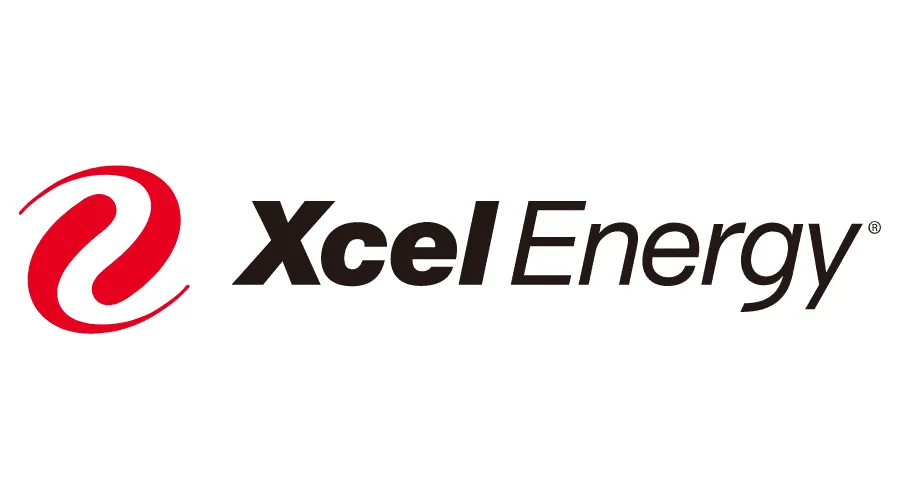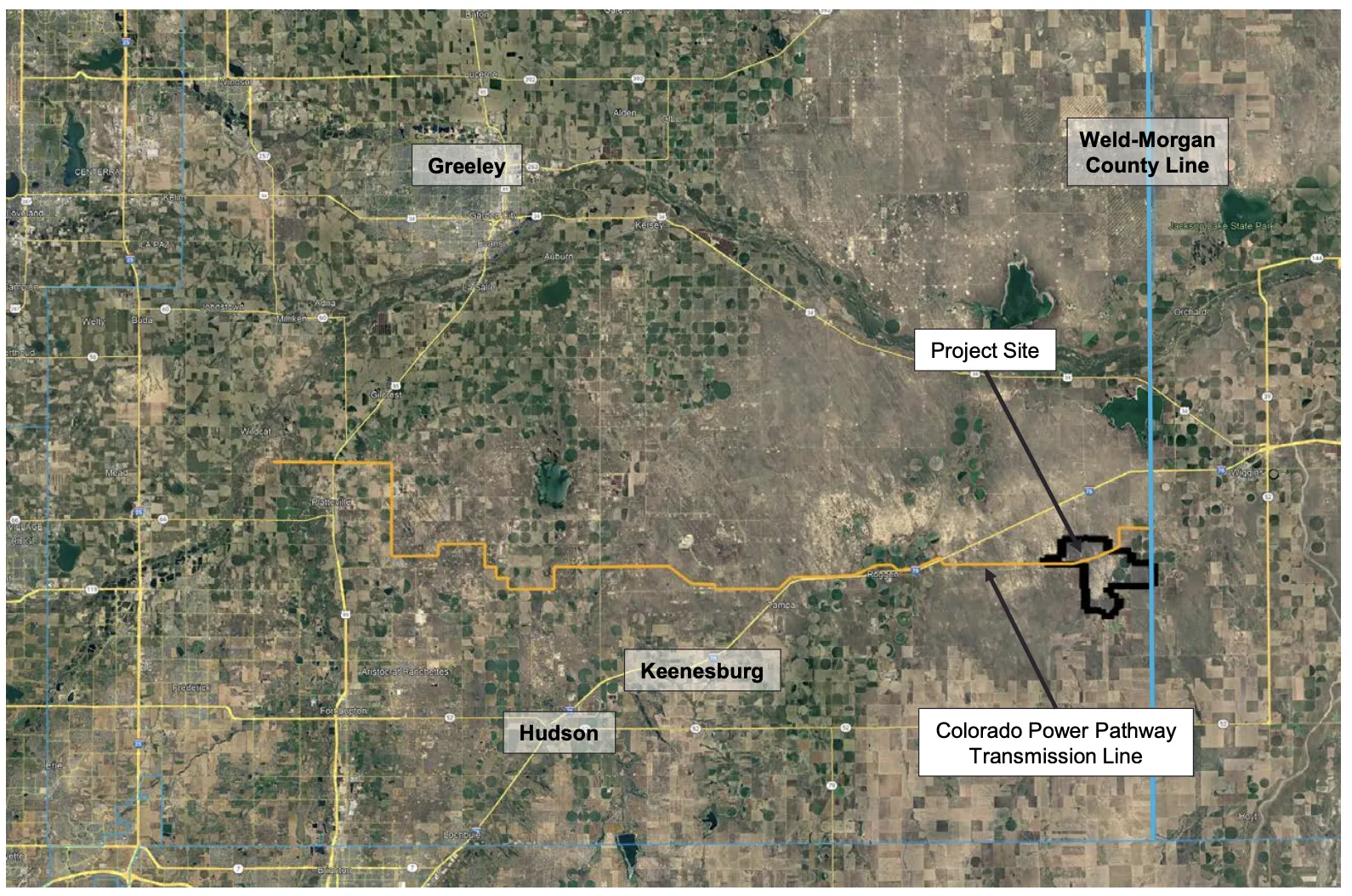FERC rules in favor of United Power buyout methodology

BRIGHTON — United Power’s plans to leave the Tri-State Generation and Transmission Association took a step forward last week when an administrative law judge with the Federal Energy Regulatory Commission rejected Tri-State’s proposed $1.6 billion exit fee in favor of a FERC trial staff approach.
“We are pleased to finally have a course for the future in our quest to lower our power costs for our members and have more control over how the power we purchase is generated,” United Power president and CEO Mark A. Gabriel said in a prepared statement.
Said Tri-State CEO Duane Highley in a statement: “Today’s initial…
THIS ARTICLE IS FOR SUBSCRIBERS ONLY
Continue reading for less than $3 per week!
Get a month of award-winning local business news, trends and insights
Access award-winning content today!




